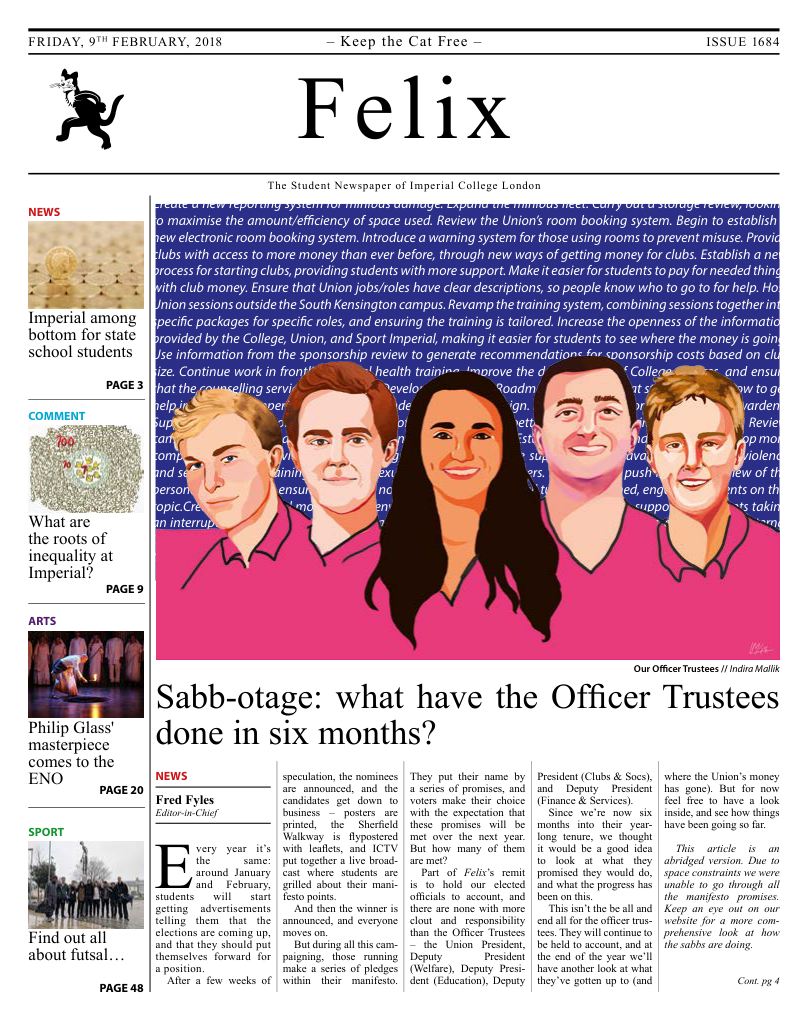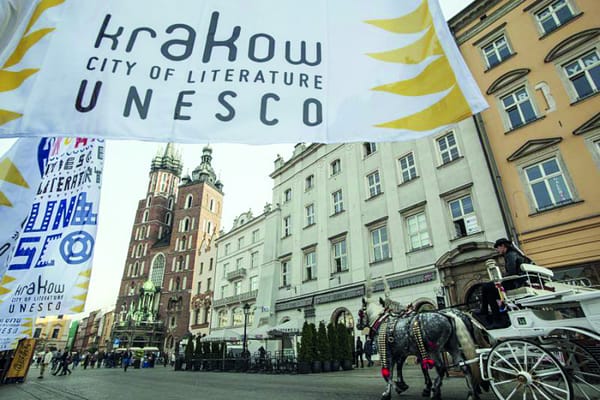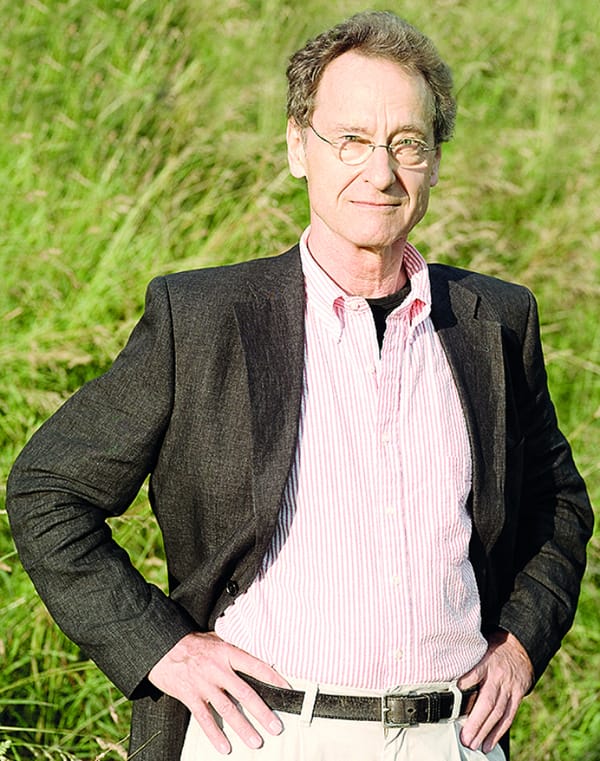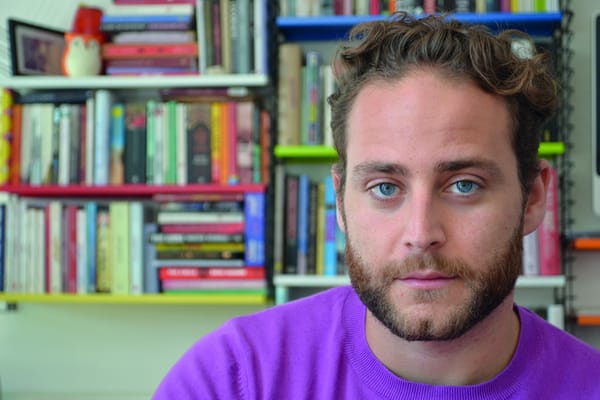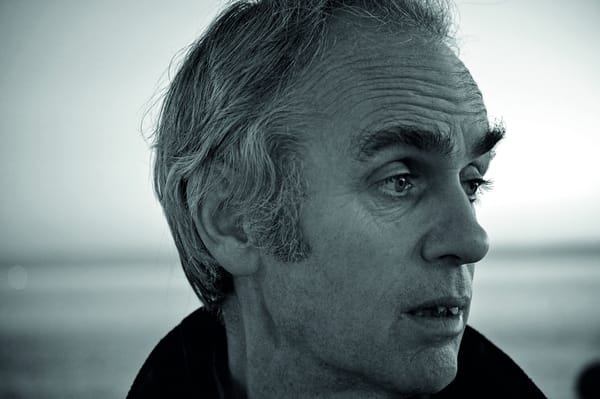Felix recommends Valentine's reads… or the books to help you to forget about romance
Suggestions for books to set the tone for the holiday, or to help you avoid the sentimental nonsense.

Written on the Body by Jeanette Winterson
The first question is, who is the narrator? She or he is never named, and their gender never revealed. "Why is the measure of love loss?" asks the opening sentence, and throughout the book we are taken through the narrator’s clandestine relationship with a married woman, a passionate, convention-defying love affair. As might be expected, their lover’s husband, a doctor, comes in the way, and reveals to the narrator that their lover has leukaemia, a fact that she has been concealing from the narrator. Using his status as a doctor, he forces the narrator to leave his wife by saying that he cannot have them around while he supervises her treatment. The narrator leaves, and we are taken through the whirlwind of her grief and ways to cope, with the text interspersed with narrative descriptions of anatomical body parts as an extended metaphor for love and loss: "Shuttered like a fan no-one suspects your shoulder blade of wings." Written on the Body is a (sometimes excessive) lyrical journey through the anatomy of passion, love and loss. – Jingjie Cheng
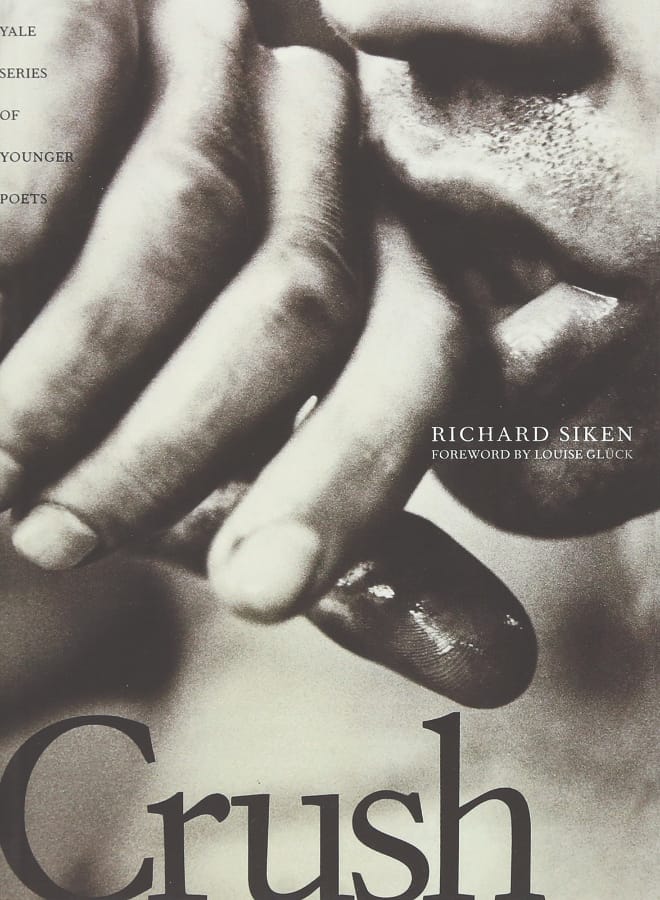
Crush by Richard Siken
Infatuation teeters into obsession and destruction in Richard Siken’s appropriately titled poetry collection Crush. The collection which won Siken the Yale Younger Poet’s Prize in 2004 was lauded by the competition judge Louise Gluck as the kind of book that “restored to poetry that sense of crucial moment and crucial utterance which may indeed be the great genius of the form”. From vivid, visceral imagery rooted in fast motorbikes, handguns, pills and violence, Siken crafts a series of poems that explore tenderness and gayness in a world of murderous, suicidal homophobia and toxic masculinity - “You’re in a car with a beautiful boy...And you feel like you’ve done something terrible, like ...shoveled yourself a grave in the dirt...and you’re trying not to tell him that you love him...but he reaches over and he touches you, like a prayer for which no words exist, and you feel your heart taking root in your body”. Alternating between the first and second person, Siken’s writing is ferocious with a vital force; these are poems that linger in the mind long after you’ve turned the last page. – Indira Mallik
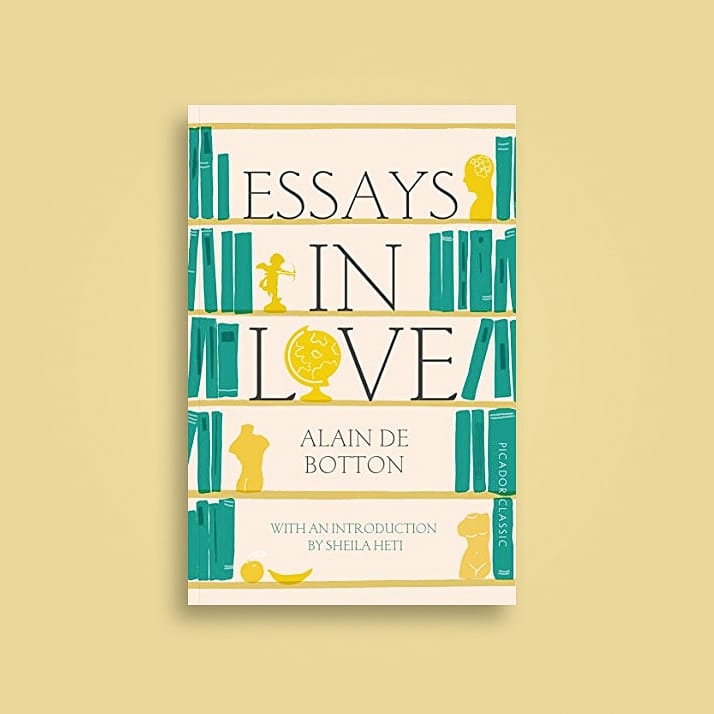
Essays in Love by Alain de Botton
Written when he was 21, Alain de Botton’s classic musing on romance and relationships is an insightful dissection of the anatomy of a romantic relationship. The story follows the unnamed narrator and his relationship with Chloe, from the point where they met sitting next to each other on a plane to infatuation, to the gradual decline and breakdown of their relationship. On the way, the narrator muses about various aspects and theories behind romantic love and its associated pitfalls, illustrated with specific events that appear insignificant but are ultimately telling and uncomfortably familiar to anyone who has been in a relationship before. For example, the narrator writes about the ‘Jesus complex’ - the tendency for one to feel virtuous in the face of suffering, the feeling of superiority over one’s oppressors. It is with this attitude that he faces Chloe’s eventual rejection, as a way to move beyond his helpless, needy state before. This is a book that may be uncanny to people who have experienced relationships, but therefore also incredibly enlightening. – Jingjie Cheng
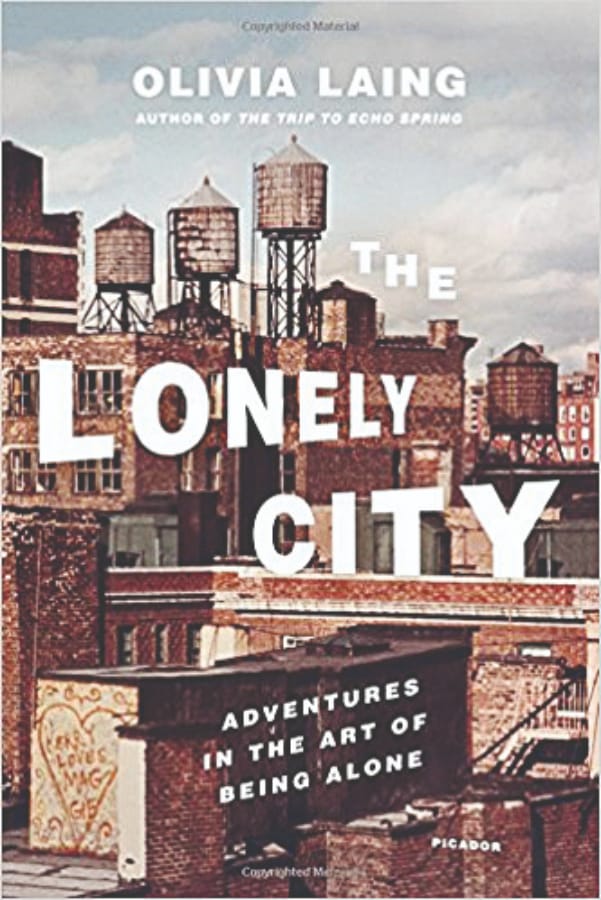
The Lonely City by Olivia Laing
Everyone gets lonely sometimes, and holiday periods with their ubiquitous, aggressive marketing geared towards couples, or families can feel isolating for many. Part memoir, part thesis, Laing wrote The Lonely City after a break-up. She travelled to New York alone to seek solace in the work of artists whose work to different degrees have been defined by the particular brand of loneliness that arises in metropolitan cities, where despite physical proximity to millions, one can easily go days without having a conversation - let alone one that is truly meaningful or fosters kinship. In this lyrical, life-affirming book Laing explores the complex factors that lead to urban loneliness using the work of Edward Hopper, Andy Warhol, and David Wojnarowicz amongst others as a foundation - it is an ode to their art, and a call to arms to forge a more connected world. Laing is an empathetic, thoughtful author with a talent for crafting perfect, deceptively simple sentences. Not only does The Lonely City deal with important issues, it is a joy to read - it should be required reading. – Indira Mallik
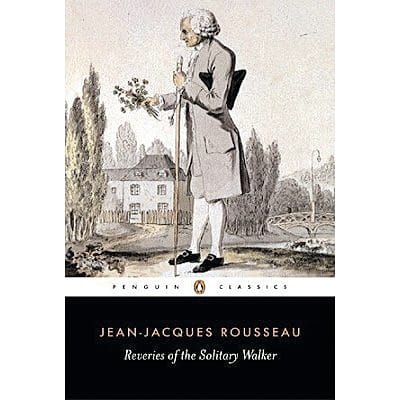
Reveries of a Solitary Walker by Jean Jacques Rousseau
This recommendation is a shout-out to the folks out there who have normalised their loneliness, those who on Valentine’s day are no longer bitter about their relationship status, but are just having a quiet evening by themselves. Unpublished at the time of his death, Jean Jaques Rousseau, through a series of ten ‘walks’ (both physically and contemplatively), documents his musings and introspection during his last days of life, attempting to derive some catharsis from his perceived ill-treatment and disregard from others. We start with a bitter and lonely Rousseau, expressing his despair at the way his work and person was perceived by his fellow men. This morphs into an elegant review of himself (introspection) and of society at large (nature of people) and the tension between the joy and sorrow of isolation. Whilst it can be painful to vicariously engage with these reveries, it sheds light on how Rousseau and by extension the reader engage with the nexus between actions or inactions and our inner thoughts and unhappiness. – Pavan Inguva
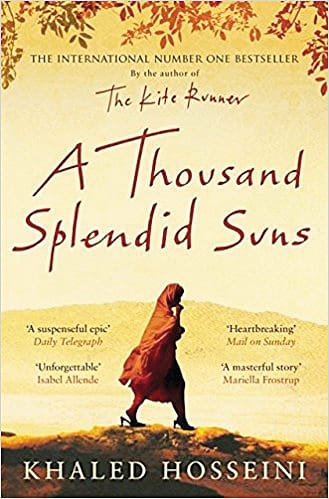
A Thousand Splendid Suns by Khaled Hosseini
There is romance in A Thousand Splendid Suns and it is both heart-warming and gut-wrenching, but nowhere near as powerful as the friendship of the two female protagonists. Mariam and Laila start their lives in different families, both of which are lost to the girls at an early age. When Mariam’s abusive husband takes Laila as his second wife, it seems their situations may never improve. As if matters couldn’t be any worse, they live in war-torn Afghanistan. The plot sometimes seems like a never-ending barrage of hardship and pain. Still, the joyful moments would not be so momentous without the suffering. Even when they seem broken, any love-life unobtainable, equality a myth, the women help each other to persist through their mutual love of Laila’s children and each other. Without Mariam, the novel would be a normal romance or lost love and longing. But Mariam exists and cannot be removed from Laila’s being. She is a reminder that true love need not be romantic and that great strength can be found through friendship; her character has stayed with me for many years. – Alice Peberdy


